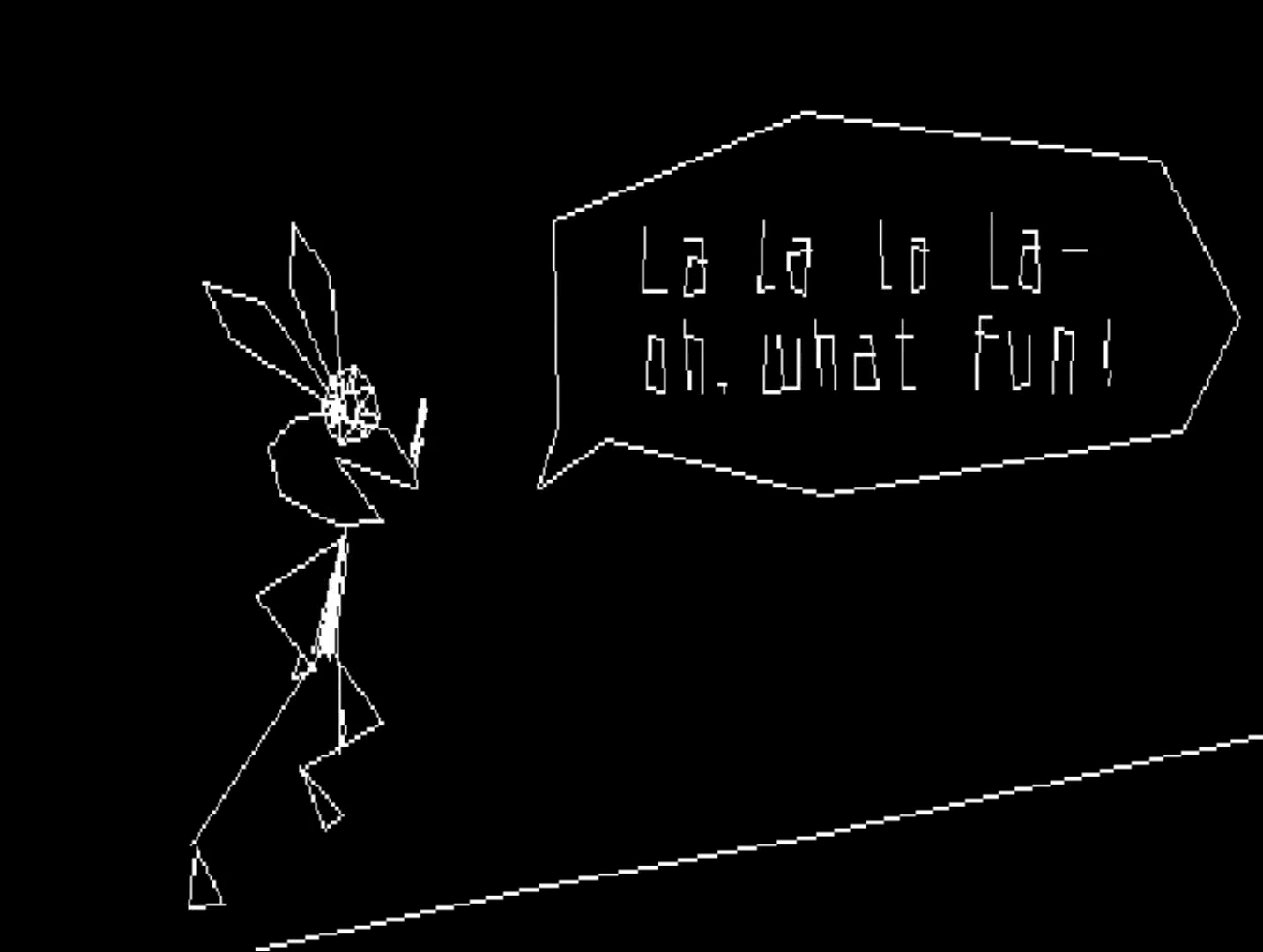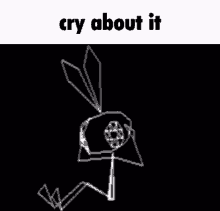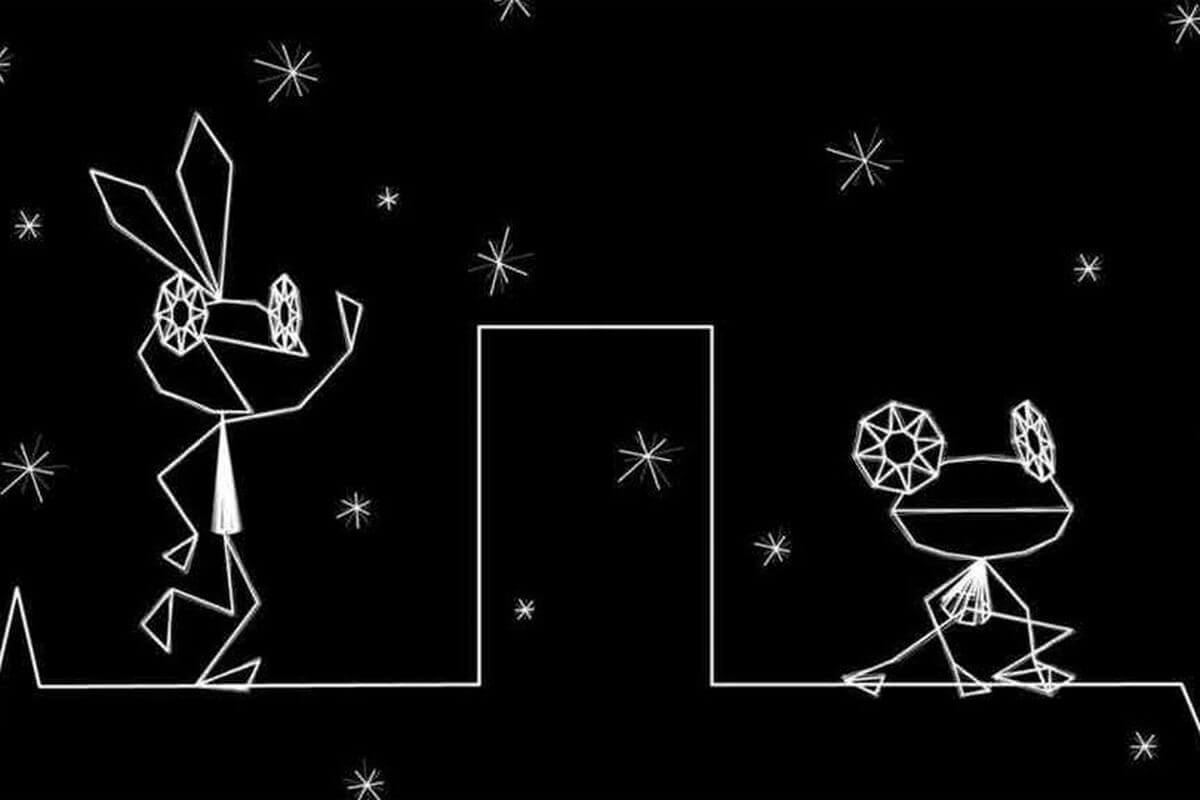

These new experiences attempted to tap into the common human desire to be a musician. The line-up of music games quickly expanded, with titles like Dance Dance Revolution, GuitarFreaks, and DrumMania introducing gamers to dance-, guitar-, and drum-themed rhythm experiences. Players had to successfully keep up with on-screen indicators in order to keep the audience entertained. The first of these projects was Beatmania, an arcade game that featured a pair of turntables and a mixing board. Leading the way was Konami, who created a number of titles and introduced the idea of music games centered around specialty peripherals.

The success of PaRappa soon spawned something of a movement in Japan, with a number of prominent developers creating new games in the genre. "This empowerment of imagination gives tonality to various elements of the game, much like the sensation musicians experience playing live sessions." "I do believe that the development process was quite unprecedented at the time, which was mostly a case of directing all the staff's imagination," he explained. According to Matsuura, the pioneering success of the game was due in large part to the creativity of the development team.
#VIB RIBBON MISTAKE GI PORTABLE#
The game also saw a direct sequel for the PlayStation 2 in 2001, and was ported to the PlayStation Portable in 2006. Two years later the game was followed up by UmJammer Lammy, which was similar to PaRappa in terms of gameplay but featured a rockstar lamb and focused on guitar playing instead of rapping. The first fruit of this labor was PaRappa, which was a surprisingly large success both in Japan and abroad. "I think that what drew me to the concept of interactive media is the notion that the player can experience a sense of joint ownership by taking part in the musical expression." "I started to believe that in order to realize the music I aspired to, I would have to choose and develop the media myself," Matsuura told Ars.

Like many of today's gamers, he grew up during the dawn of both CDs and MTV, and this experience, when combined with an interest in computers, led him to use his musical abilities in unique and creative ways. Unlike most game designers, Matsuura actually had a background in music before diving into games.

Each button press would make PaRappa say something so that, essentially, players were making the character rap. As icons scrolled across the screen in time to the music, players had to match the rhythm using well-timed button presses. Like Dance Aerobics, players were tasked with following on-screen musical cues. In 1996, Japanese musician and game designer Masaya Matsuura teamed up with American artist Rodney Greenblat to create the unforgettable PaRappa the Rapper. The original PlayStation featured an incredible number of innovative titles, among them new takes on the fledgling music genre. Dance Aerobics was so far ahead of its time, however, that no similar games were released for nearly a decade besides a few arcade titles that never saw the light of day outside of Japan.
#VIB RIBBON MISTAKE GI FREE#
The game even featured a free form mode, in which players created their own tunes by tapping out notes on the mat. Players would have to follow the on-screen characters' moves by stepping on the correct parts of the mat. The precursor to Dance Dance Revolution, Dance Aerobics (or Dance Studio as it was known in Japan) had players use the NES Power Pad to mimic an on-screen instructor who moved to the music. The first music game to be released on a home console dates back to 1987. Join us as we take a look at the history of the genre, and at how it grew from being something quirky and Japanese-only to a red-hot global phenomenon. The rise to prominence of music games has been a long time coming. But these games weren't overnight successes. Titles like Guitar Hero and Rock Band consistently top the charts despite their high price tags, earning absurd amounts of money for publishers and developers. Once made up solely of bizarre, quirky titles that gained little more than cult followings, the music game genre has arguably become the strongest area in all of gaming over recent years.


 0 kommentar(er)
0 kommentar(er)
